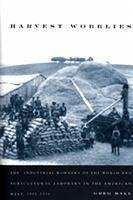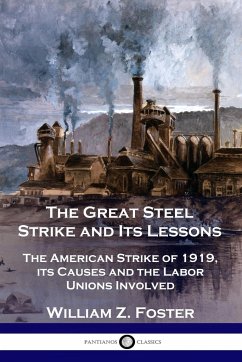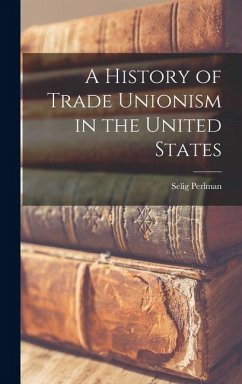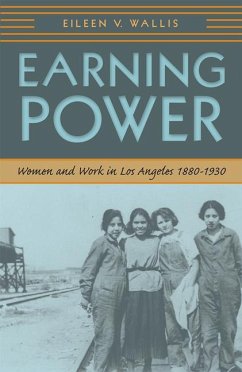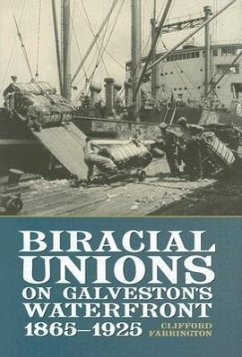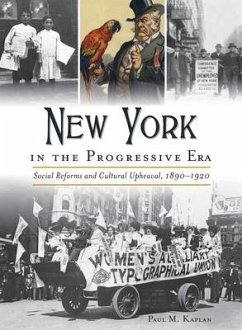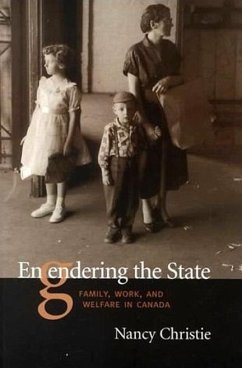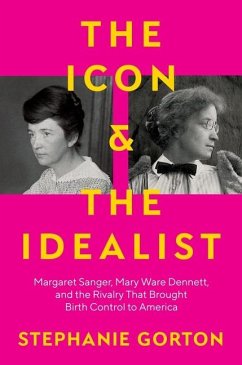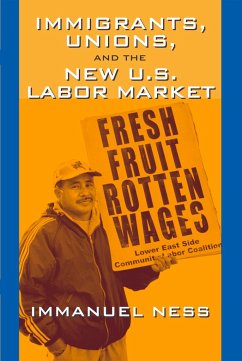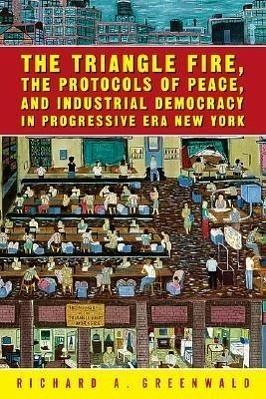
The Triangle Fire, the Protocols of Peace, and Industrial Democracy in Progressive Era New York
Versandkostenfrei!
Versandfertig in über 4 Wochen
67,99 €
inkl. MwSt.

PAYBACK Punkte
34 °P sammeln!
America searched for an answer to \u0022The Labor Question\u0022 during the Progressive Era in an effort to avoid the unrest and violence that flared so often in the late nineteenth and early twentieth century. In the ladies' garment industry, a unique experiment in industrial democracy brought together labor, management, and the public. As Richard Greenwald explains, it was an attempt to \u0022square free market capitalism with ideals of democracy to provide a fair and just workplace.\u0022 Led by Louis Brandeis, this group negotiated the \u0022Protocols of Peace.\u0022 But in the midst of th...
America searched for an answer to \u0022The Labor Question\u0022 during the Progressive Era in an effort to avoid the unrest and violence that flared so often in the late nineteenth and early twentieth century. In the ladies' garment industry, a unique experiment in industrial democracy brought together labor, management, and the public. As Richard Greenwald explains, it was an attempt to \u0022square free market capitalism with ideals of democracy to provide a fair and just workplace.\u0022 Led by Louis Brandeis, this group negotiated the \u0022Protocols of Peace.\u0022 But in the midst of this experiment, 146 mostly young, immigrant women died in the Triangle Factory Fire of 1911. As a result of the fire, a second, interrelated experiment, New York's Factory Investigating Commission (FIC)—led by Robert Wagner and Al Smith—created one of the largest reform successes of the period. The Triangle Fire, the Protocols of Peace, and Industrial Democracy in Progressive Era New York uses these linked episodes to show the increasing interdependence of labor, industry, and the state. Greenwald explains how the Protocols and the FIC best illustrate the transformation of industrial democracy and the struggle for political and economic justice.



